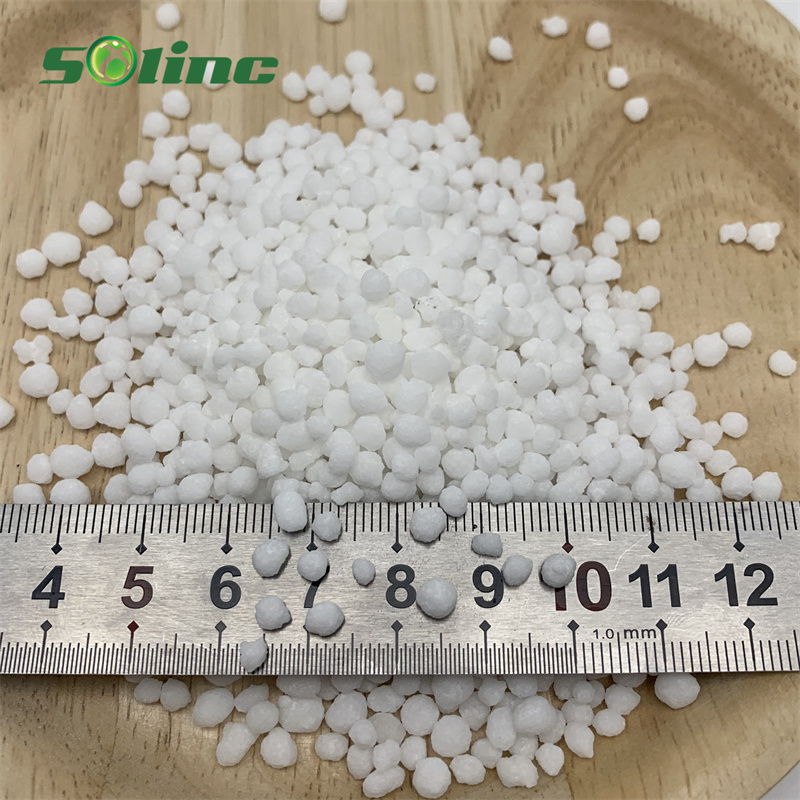Magnesium citrate, a combination of the element magnesium and citric acid, can help treat constipation. It may also be taken as a dietary supplement. This medication can be bought over-the-counter or it may be prescribed.
In liquid form, magnesium citrate is used as an osmotic laxative. Magnesium dietary supplements are typically available in the form of tablets, capsules, or powder. magnesium sulphate food grade

This article will discuss magnesium citrate, how it is used, its benefits, and the side effects you may experience.
Magnesium citrate can come in different forms:
Liquid magnesium citrate is used for constipation or colonoscopy prep, whereas other formulations may be used for dietary supplementation.
Magnesium is a mineral involved in many body processes. It helps support bone health, heart health, and muscle function. Magnesium citrate is also commonly used to treat constipation.
Constipation is when you don't have regular bowel movements. It's a common problem that many adults experience from time to time. Some people find that constipation may even happen frequently and last a long time.
Constipation can be uncomfortable. And in some cases, it can lead to problems such as hemorrhoids or anal fissures because of straining to pass hard stools.
Magnesium citrate works by pulling more water into the intestines. This process is called osmosis. When there is more water in the intestines, the stool becomes softer or even watery. It then becomes easier to pass.
Magnesium citrate is available over the counter in many drugstores under brand names and as generics. But it should be used under a healthcare provider's direction.
Brand names of magnesium citrate that may be recommended for constipation or bowel preparation include:
In most cases, taking magnesium citrate once in a while to treat constipation is safe. However, using liquid magnesium citrate on a long-term basis to treat constipation could result in other health problems. It’s recommended that magnesium citrate only be used for constipation after consulting with a healthcare professional.
Magnesium is important for maintaining bones. A review of studies found that when people with deficiencies took magnesium supplements, such as magnesium citrate, it was associated with bone improvements and lower risk of fractures.
Magnesium can also help with the activation of vitamin D, an important vitamin for bone growth and maintenance.
Magnesium plays an important role in heart health. It supports blood pressure regulation, blood sugar control, and helps prevent arrhythmia, or an abnormal heart beat. Studies have found that higher levels of magnesium are associated with lower risk of heart disease.
Magnesium supports muscle functions and plays a role in enzyme reactions that affect muscle performance during exercise. Preliminary studies also suggest that magnesium supplements may help support muscle integrity for better recovery from intense and strenuous exercise. Although, more research is needed.
The side effects of magnesium citrate are usually mild. They include:
But if severe symptoms occur, or a bowel movement doesn’t occur within about three hours after taking the liquid magnesium citrate, it’s important to contact a healthcare professional.
More serious side effects are uncommon but can include:
Most people don't have allergic reactions when they take magnesium citrate.
It’s important to let your healthcare provider know about any other medications you're taking, especially:
You should also tell your healthcare provider if you are taking antibiotics such as Vibramycin (doxycycline), Achromycin V or Sumycin (tetracycline), minocycline, Levaquin (levofloxacin), or Cipro (ciprofloxacin). This is because magnesium citrate may make these medications less effective.
Usually, taking these medications and magnesium citrate two or three hours apart can help avoid this problem. But check with a healthcare provider or a pharmacist to be sure.
Using laxatives too much may have some harmful effects too. In particular, overuse of osmotic laxatives (such as liquid magnesium citrate) may cause too much fluid loss. This can lead to electrolyte imbalances, especially in people who have other medical conditions such as kidney disease.
People who should avoid magnesium citrate include those who have:
Those who are dehydrated or on a low-magnesium diet should also avoid magnesium citrate.
Using magnesium citrate while pregnant or nursing appears to be safe. But check with your healthcare provider before taking it.
If you accidentally take more than the recommended amount of magnesium citrate, call Poison Control at 1-800-222-1222.
The instructions and dosage for using magnesium citrate will be available on the bottle.
With the liquid formulation, the dosage for constipation in adults is often 10 ounces. For children 6 to 12 years old, the dosage may be 5 ounces. For children under the age of 6, seek help from a pediatrician about constipation.
After using the liquid formulation of magnesium citrate, it can take anywhere from 30 minutes to six hours to have a bowel movement. It's important to take the dosage exactly as described by your healthcare provider or according to the product label. If you plan to use a magnesium citrate powder mixed in cold water, the mixture should be used within 36 hours of preparation otherwise it may not be effective.
Drinking 8 ounces of water after taking magnesium citrate is important. This is because it replaces the fluid lost from the body when more water is pulled into the intestines.
Because of the taste, some people find that magnesium citrate is easier to drink if it is chilled in the refrigerator. This product is a laxative, so it may cause diarrhea. Drinking plenty of fluids after taking it is important in order to prevent dehydration.
When magnesium citrate is used to clear out the colon before a procedure, such as a colonoscopy, the healthcare professional's office will give instructions on when to start taking it. It is important to use the product according to your healthcare provider's instructions. If the large intestine isn’t cleared of stool, your healthcare provider may need to perform the test or procedure at a later date. Then you'll have to start the process all over again.
If you have any questions about using magnesium citrate, contact your healthcare provider. A pharmacist may also be able to help with general questions about this drug. Pharmacists can tell you how it should be taken. They will also let you know if there could be any potential side effects or interactions with your other medications or supplements.
Magnesium citrate is commonly used as an osmotic laxative or mineral supplement. You can buy this medication at a drugstore without a prescription. Liquid formulations are used to treat occasional constipation or clean out your bowels before a colonoscopy. Magnesium citrate supplements typically come in the form of a tablet or powder.
Side effects of magnesium citrate are mild when used in the recommended amounts. Liquid magnesium citrate, which is formulated for use as a laxative, should never be used daily or as a form of supplementation.
Let your healthcare provider know if you're taking any other medications as magnesium citrate can make them less effective. Some people should avoid taking magnesium citrate if they have certain medical conditions. Talk with your healthcare professional before deciding to take it.
MedlinePlus. Magnesium Sulfate, Potassium Sulfate, and Sodium Sulfate.
Chang J, Mclemore E, Tejirian T. Anal health care basics. Perm J. 2016;20(4):15–222. doi:10.7812/TPP/15-222
Rondanelli M, Faliva MA, Tartara A, et al. An update on magnesium and bone health. Biometals. 2021;34(4):715-736. doi:10.1007/s10534-021-00305-0
Uwitonze AM, Razzaque MS. Role of magnesium in vitamin D activation and function. J Am Osteopath Assoc. 2018;118(3):181. doi:10.7556/jaoa.2018.037
Rosique-Esteban N, Guasch-Ferré M, Hernández-Alonso P, Salas-Salvadó J. Dietary magnesium and cardiovascular disease: a review with emphasis on epidemiological studies.nutrients2018;10(2):168.doi:10.3390/nu10020168
Córdova A, Mielgo-Ayuso J, Roche E, Caballero-García A, Fernandez-Lázaro D. Impact of magnesium supplementation in muscle damage of professional cyclists competing in a stage race. Nutrients. 2019;11(8):1927. doi:10.3390/nu11081927
Guerrera MP, Volpe SL, Mao JJ. Therapeutic uses of magnesium. Am Fam Physician. 2009;80(2):157-62.
U.S. National Library of Medicine ToxNet. Magnesium Compounds.
Poison Control. Get Poison Control Help.
University of Connecticut Health. Colonoscopy Preparation Instructions – Magnesium Citrate.
By Amber J. Tresca Amber J. Tresca is a freelance writer and speaker who covers digestive conditions, including IBD. She was diagnosed with ulcerative colitis at age 16.
Thank you, {{form.email}}, for signing up.
There was an error. Please try again.

zinc sulphate producer By clicking “Accept All Cookies”, you agree to the storing of cookies on your device to enhance site navigation, analyze site usage, and assist in our marketing efforts.